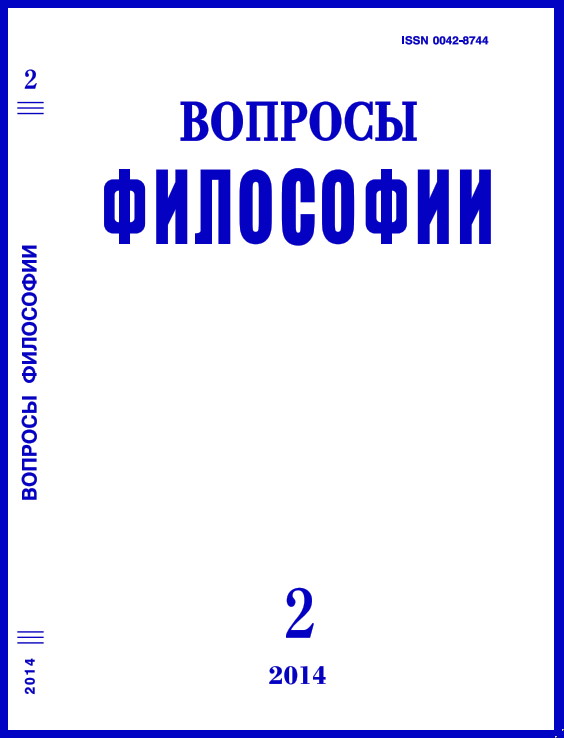Medieval Nominalism and Genesis of New European Consciousness
Keywords:
Middle Age, modernity, science, nominalism, being, mind, will, Aristotle, Duns Scotus, William of Ockham, Nicholas Oresme, Nicholas of Autrecourt.Abstract
In the article, the author shows that both in theology and philosophy the nominalism initiates
that tendency, which has expanded in the modern time, and which can be called a voluntative
one as far as it emphasizes the priority of will to reason, faith to knowledge. The nominalism
implemented perhaps the most radical turnabout in the history of thought since the time of the
ancient classics, destroying the fundamental prerequisites of the metaphysics of being, which
existed on the European continent for a millennium and a half, and laying the foundation of the
metaphysics of will. This, of course, does not mean that all the roots of the traditional ontology
have been cut down at once. We can fi nd the category of substance as well as the concept of
being in the works of many philosophers of the modern time, but these concepts are often treated
differently than in the tradition, the history of which we have tried to briefl y trace.

